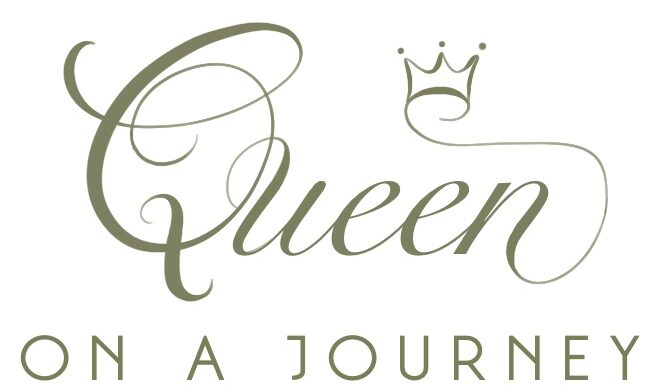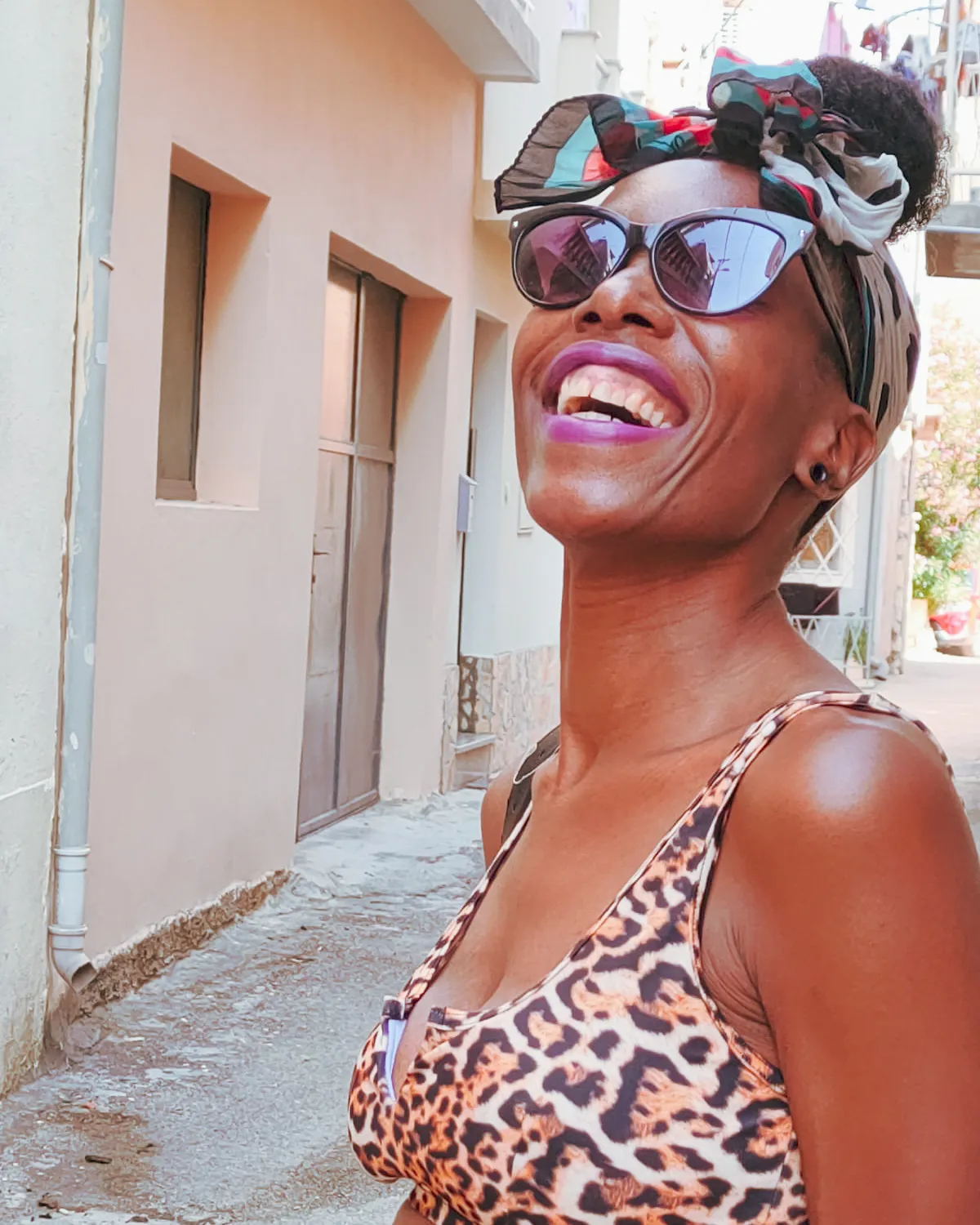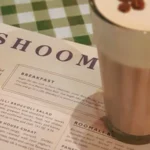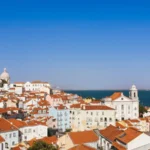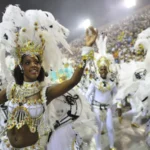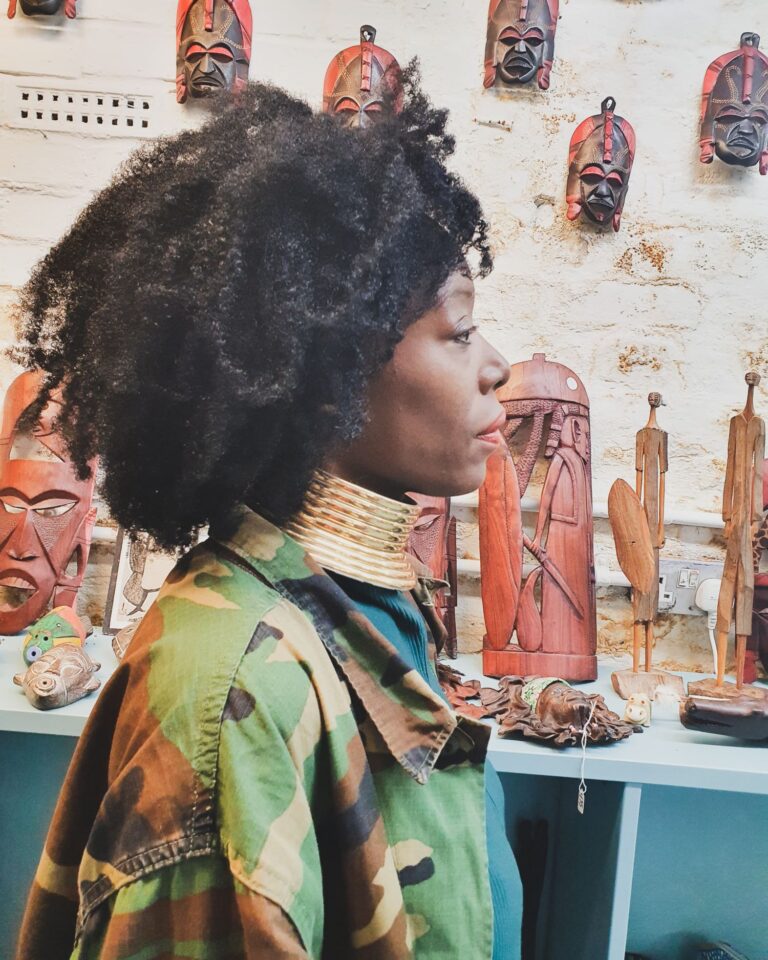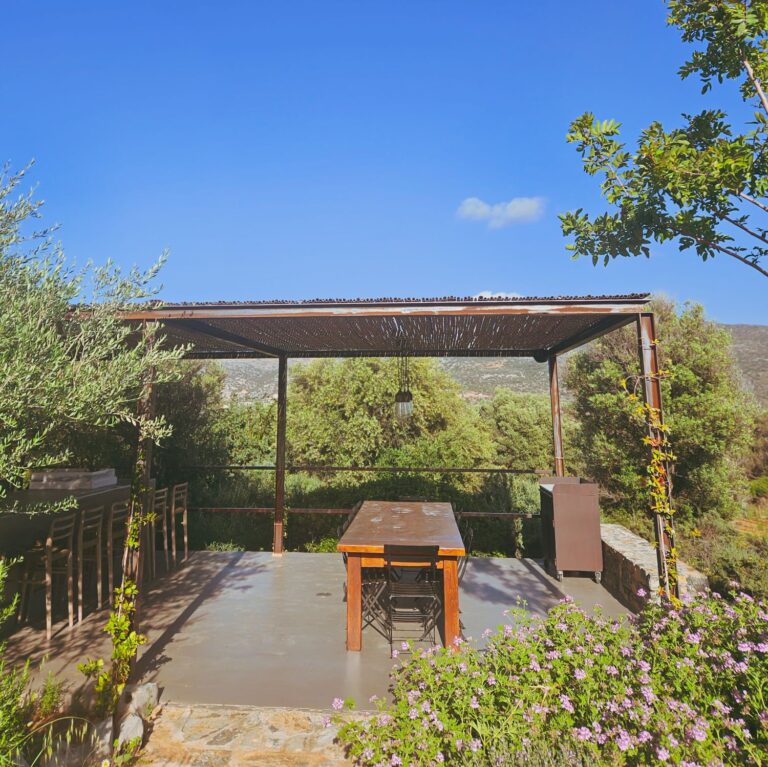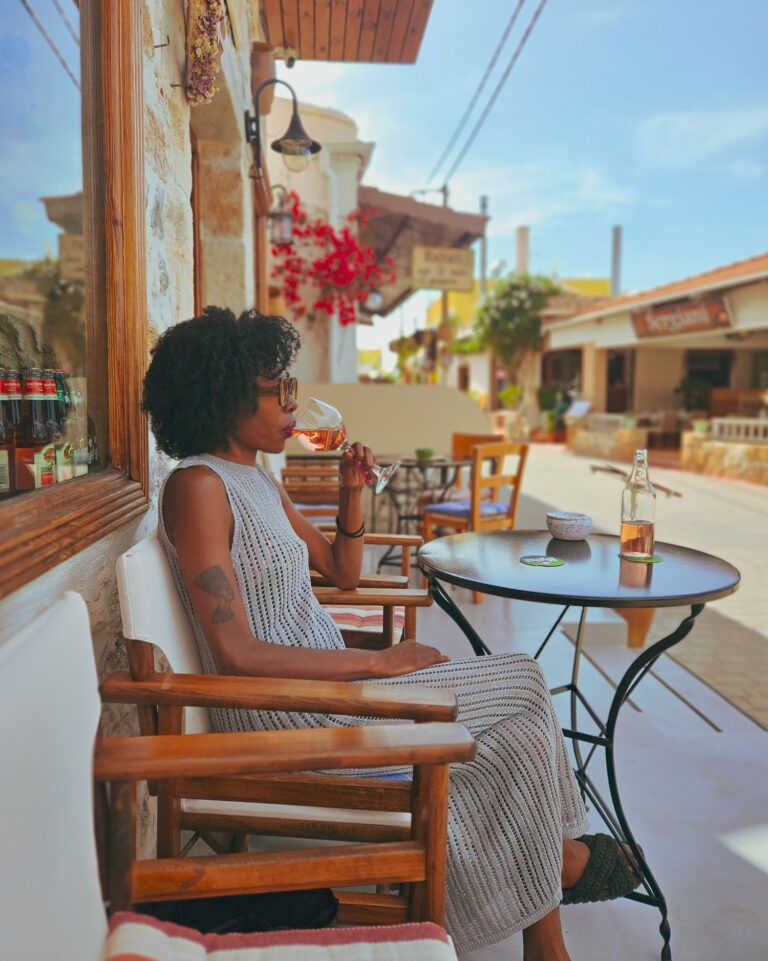Is Salvador, Bahia Safe?
I have been asked this question and even asked myself before going (not that I would let it stop me!). As much as I have long wanted to visit Bahia, it seemed to have a bit of a reputation for being unsafe.
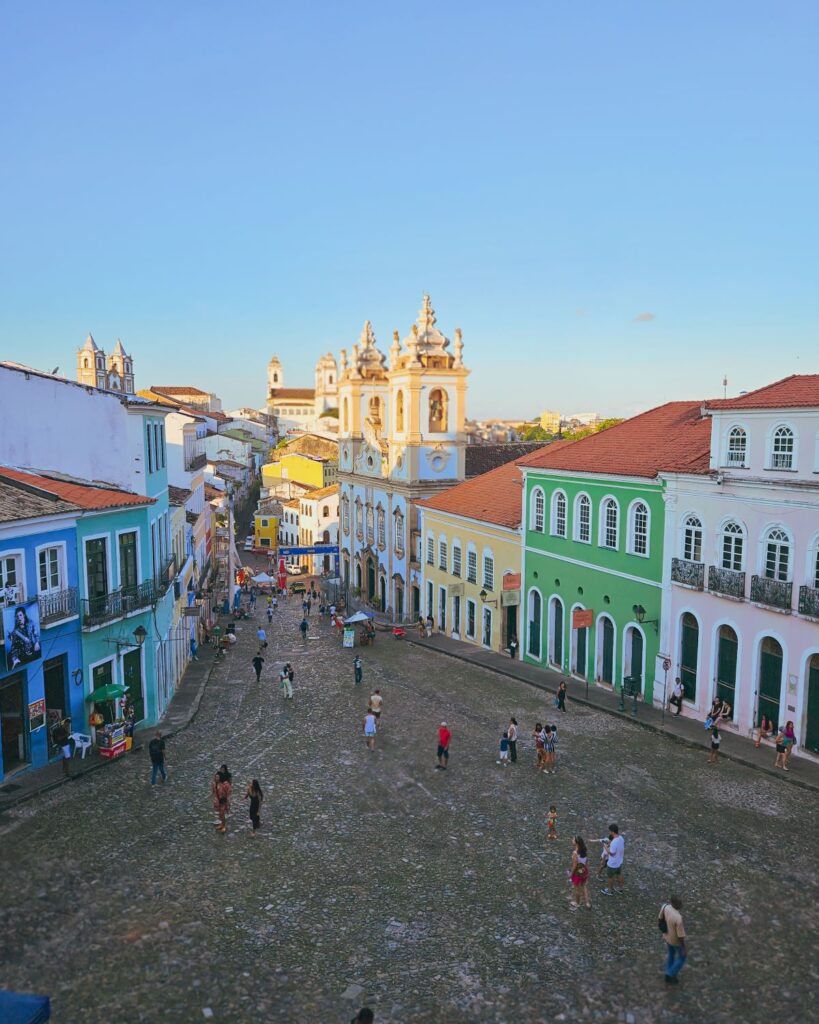
Brazil is known for its rich culture, carnival, paradise islands, stunning wide stretches of white sand beaches and diverse landscape. However, we can’t ignore that it also has a reputation for injustice, poverty and gang-related crime. If you check out the government websites, many advise increased caution for travellers visiting Brazil. That said, millions visit safely each year.
As Brazil is the largest country in South America and the fifth-largest in the world, high crime rates are to be expected. However, Salvador, Bahia, historically had a reputation for being Brazil’s most violent city, and due to gangs and gun crime, even once cited as one of the most dangerous places in the world.
Salvador, Bahia, has a population of over 3 million and is considered to be one of the poorest areas in Brazil. Like most places, especially big cities, where there is poverty, there is crime.
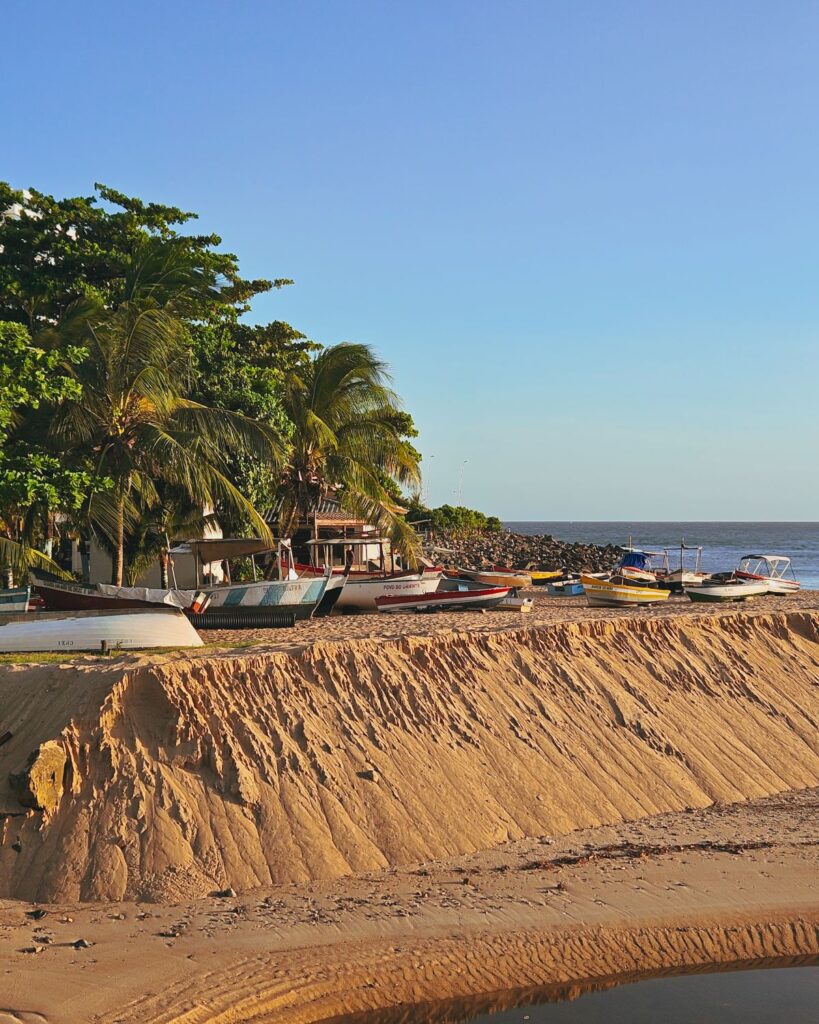
But does its reputation precede it – is Salvador, Bahia, safe for solo female travel?
While on my Afro-Brazilian tour, I visited the neighbourhood of Curuzo, where I spoke to Poto, the lead on a community project in the area that has long been keeping kids off the street from being recruited into gangs. He explained that more police presence has meant significant improvement, but that whilst he acknowledges Salvador has its problems, there is also a lot of propaganda.
While speaking to him, I mentioned that people were concerned for my safety when I said I was visiting Salvador, as its reputation precedes it. Though much of its problems may be historic and there may be some propaganda, there is no denying that its reputation still has a stronghold on people’s feelings regarding safety concerns in Salvador, Bahia today, and this is a stigma that seems hard to shift.
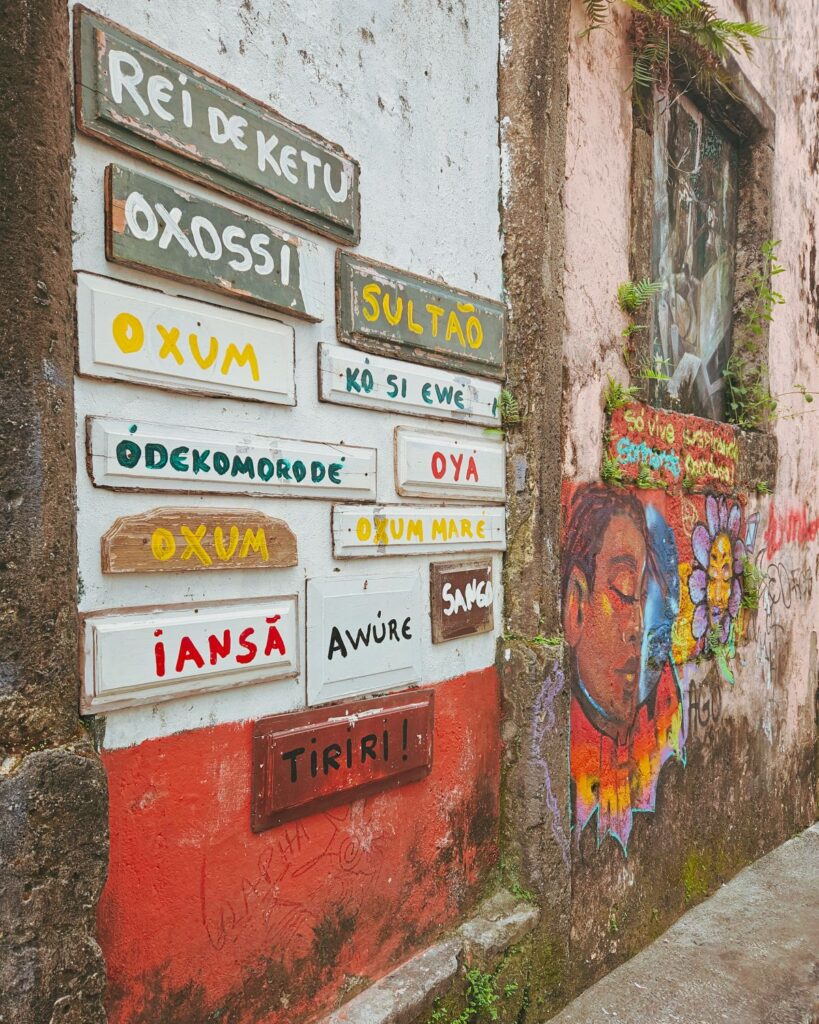
However, everywhere has its problems, and knife crime is particularly prevalent in London, as are criminals using bikes and mopeds to snatch mobile phones.
Salvador, Bahia is safe for solo female travel, and I felt at ease the whole time, and way more than I expected to, given the propaganda surrounding it. Though statistics are one thing, I can only go by my personal experience from my time in Salvador, and while crime is something to be mindful of, if you use common sense, trust your instincts and display the same degree of caution as you would in any major city you’ll be fine. With that in mind, there are a few points to note.
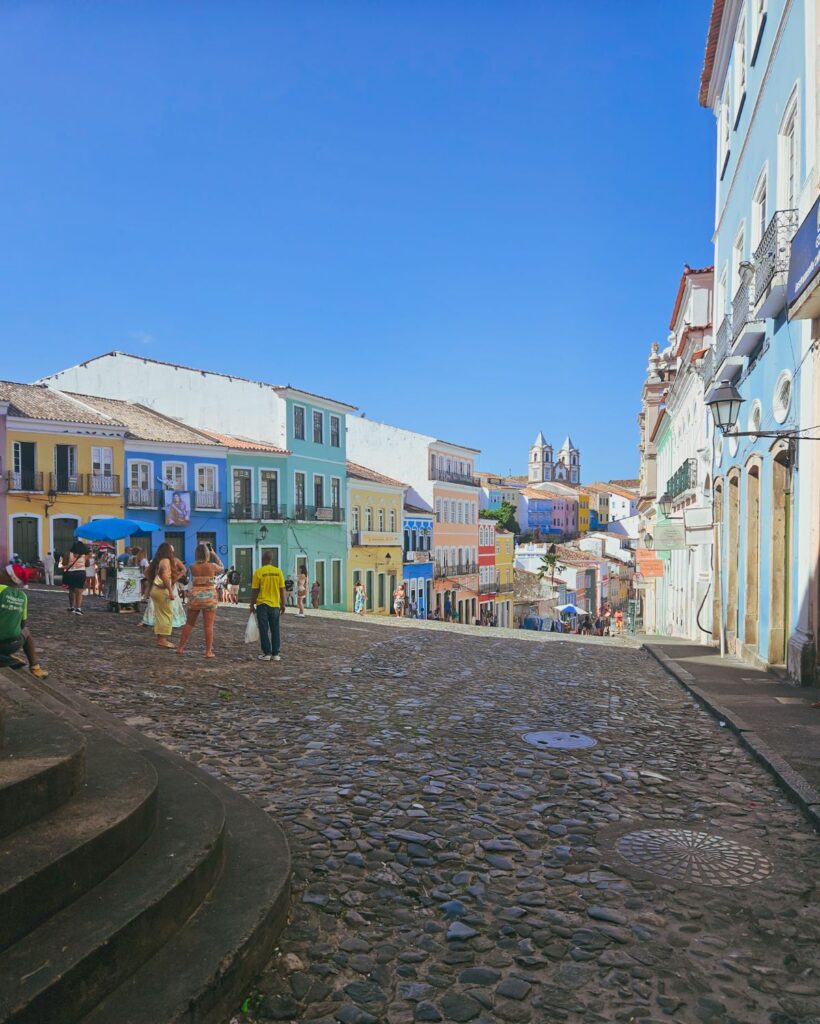
The Pelourinho
The historic centre, otherwise known as The Pelourinho, has a dark history that dates way back, from the whippings and auctions of enslaved Africans to being an area known for drugs, prostitution and general criminal activity. In the 90s, the Pelourinho had a major revamp and is now a highly touristic area and a UNESCO World Heritage Site.
Pelo, as it’s locally known, is a hive of activity, colour and the cultural heartbeat of Salvador. The Pelourinho is not to be missed. If you haven’t been to Pelo, you haven’t been to Salvador. Is it safe? Yes! This area is now heavily policed, but though safe, I was advised by locals to only go when police start their shift at around 08.30.
I had no problems in Salvador or the Pelhourino – I loved it. The energy of Pelo has transformed since the days of old, and it draws you in with its culture, Afro Blocos, museums, food, shops, capoeira and caipirinhas. I spent a lot of time there, but like any big city, it pays to remain mindful of safety, especially in touristic areas such as this, as you’re an easy target for pickpocketers, known to frequent the area despite police presence.
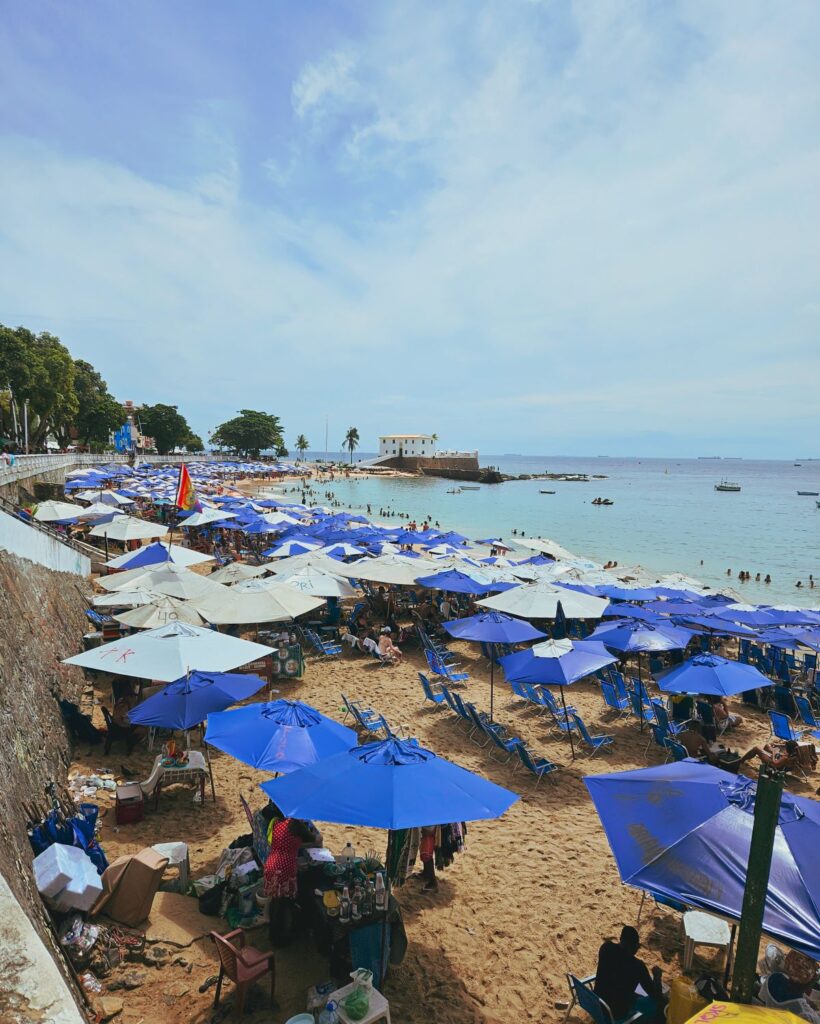
Keep valuables close
Keep your valuables close, wear a crossbody bag, and keep it zipped. Brazilians are usually very helpful and will warn tourists to be careful with their phones or tell them to zip their bags.
Trust your gut feeling, but generally speaking, don’t give your phone to strangers to take photos and always be aware of your surroundings.
Take minimal to the beach, and do not leave your belongings unattended. If you’re on the beach and alone, Brazilians are very friendly and open, and you can use your discernment and ask someone to keep an eye on your things. For example, I asked a family to keep an eye on my bag while I walked along the beach. It only had a towel, flip-flops, etc. Therefore, ensure that anything you ask someone to keep an eye on isn’t anything of value or interest.
Be careful of pickpockets
Pickpockets are a common occurrence on the streets of Brazil in general, and tourists are recommended to remain vigilant at all times. Pickpocketing is particularly common at popular tourist attractions, beaches, bus stops and on buses.
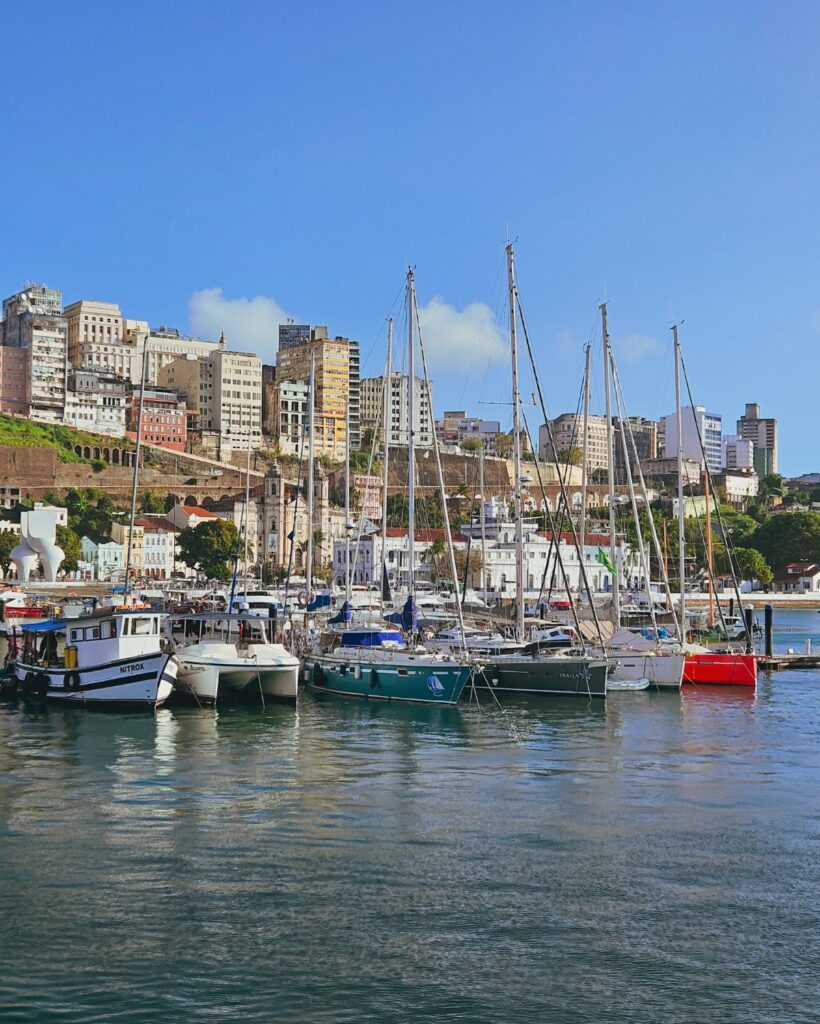
Don’t walk around late at night and avoid certain areas
As stated above, Brazil is generally safe for tourists, but don’t stray too far off the tourist spots. Avoid certain areas, especially at night. Use an Uber where possible. Ubers are very cheap and the best way to navigate the city. Walking blind could be dangerous as you could end up in a dodgy area if you walk between the upper and lower cities. Take one of the public elevators in Salvador to transport you between the two.
Tourist-friendly areas include the Pelourinho, Barra, Rio Vermelho, and Itaigara.
Where possible, use indoor ATMs
Use indoor ATMs where possible, and try not to get distracted. As scams are common in Brazil, double-check your change, never pay anything upfront and negotiate everything in advance.
Walk with small amounts of cash and don’t flash valuables
Don’t flash your valuable possessions on the street, don’t walk with too much cash and leave large sums of money at your accommodation. Most places take cards or pix (a Brazilian thing) but always carry change.
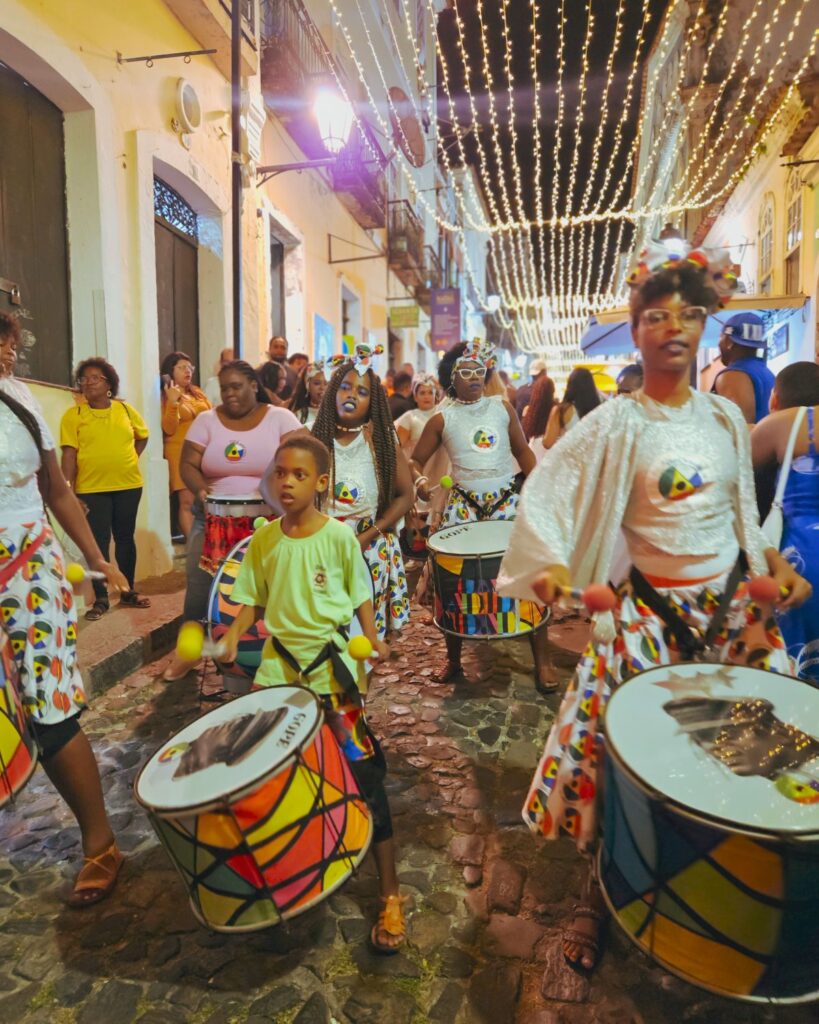
Have a great time
Salvador, Bahia is safe for solo female travel, and its vibrant Afro-Brazilian heritage, colourful colonial architecture, creativity, art and music scene make it a travel destination not to be missed. Salvador is unique, resilient, raw, filled with history and culture and is the birthplace of many traditional Brazilian cultural expressions, including Candomblé, capoeira and samba, which have thrived against horrific odds.
The people are very warm, welcoming and helpful, and by using common sense and following these safety tips, you can enjoy the magical and spirited city of Salvador while minimizing risks.
